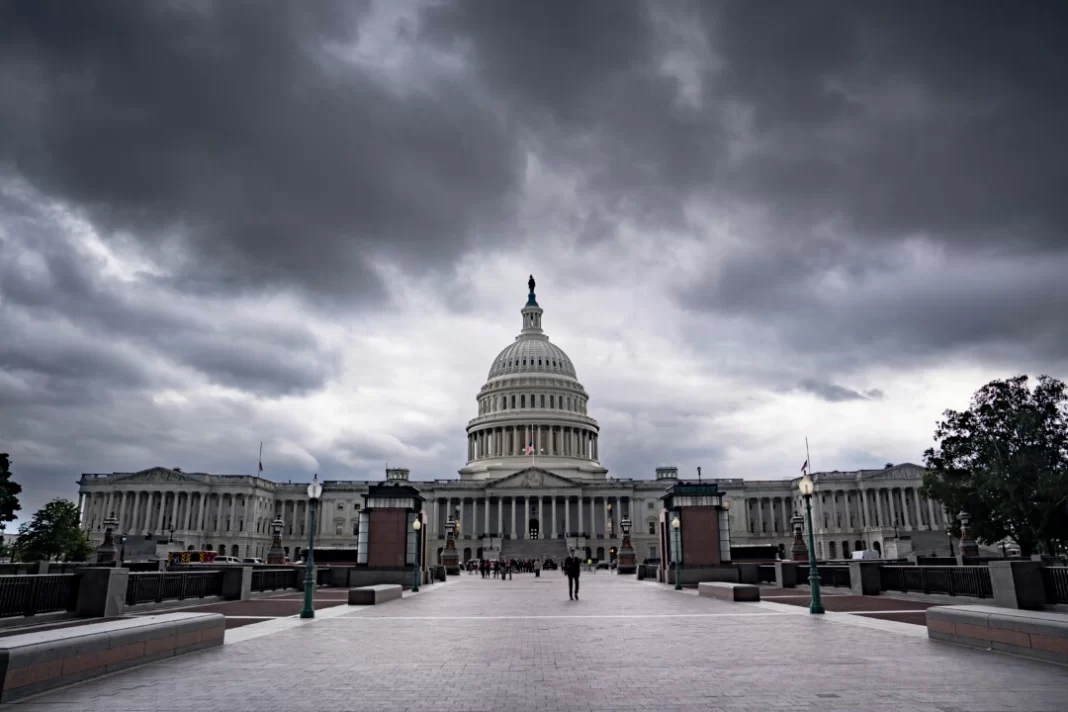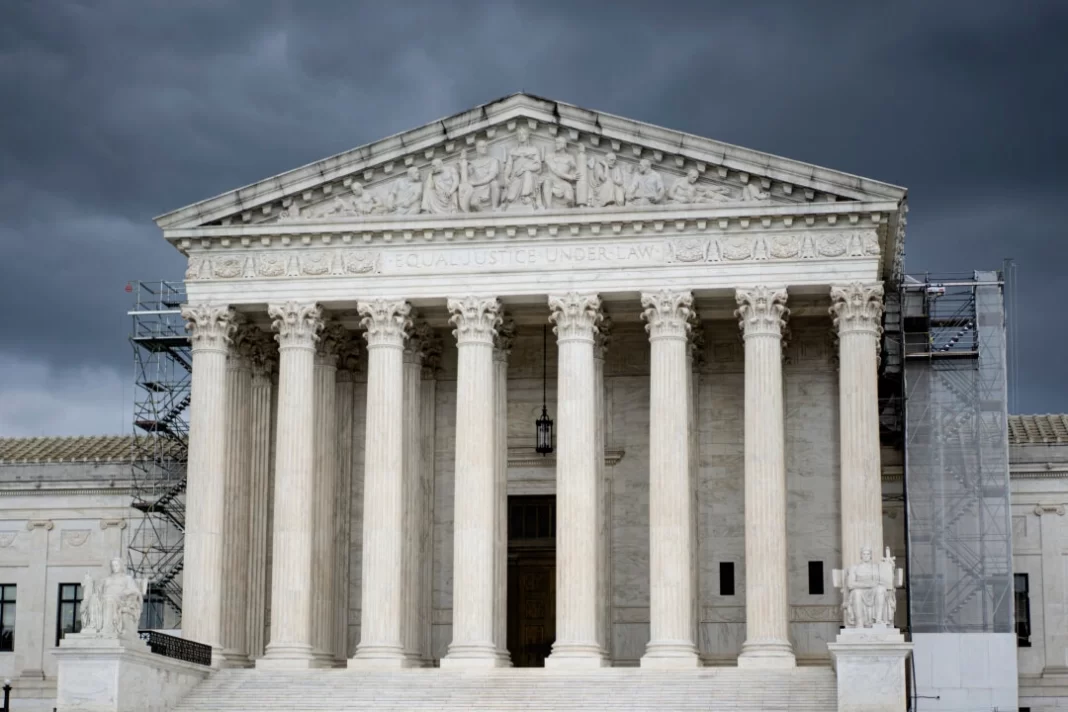Republicans argue that the law would allow some sitting Democrats run unopposed.
An Illinois judge on Wednesday halted a newly enacted state election law that prevents candidates from gaining access to a major party ballot through an alternative “slating” option.
Prior to the change, a local committee for a political party could nominate, or “slate,” a candidate to a general election ballot even if no member of that party filed nominating petitions for the primary, so long as the candidate gathered the required number of petition signatures.
Under the new law, signed by Gov. J.B. Pritzker on May 3—after the Illinois primary has passed, a party can no longer appoint candidates who didn’t run in the party’s primary to fill general election ballot spots.
The change adds more “transparency” into the upcoming race for Illinois’ legislative seat, argued Mr. Pritzker.
“It really does make sure that we don’t have backroom deals to put people on the ballot and run as a result of some small group of people in a smoke filled room making the choice,” the Democrat governor said. “So I think, to me, more transparency is better.”
Republicans were outraged by the sudden change in the middle of an election cycle. The piece of legislation itself, they noted, was introduced more than a year ago as a child welfare bill unrelated to the election, only to have been modified on May 1 into a ballot access measure before it advanced through both chambers to the governor’s desk in a matter of two days with little public notice.
They further claimed that the law would give Democrats who already enjoy a supermajority in the General Assembly an unfair advantage to facilitate their dominance in the next election. Particularly, they alleged that the move was designed to prevent the slating of Republicans who could post “legitimate challenges” for at least two Democrats seeking reelection, state Reps. Katie Stuart and Mary Edly-Allen.
In Wednesday’s ruling, Judge Gail Noll of a Sangamon County Circuit Court sided with Republican hopefuls challenging the law, granting a preliminary injunction that puts the law on hold while the court considers the case.
By Bill Pan






